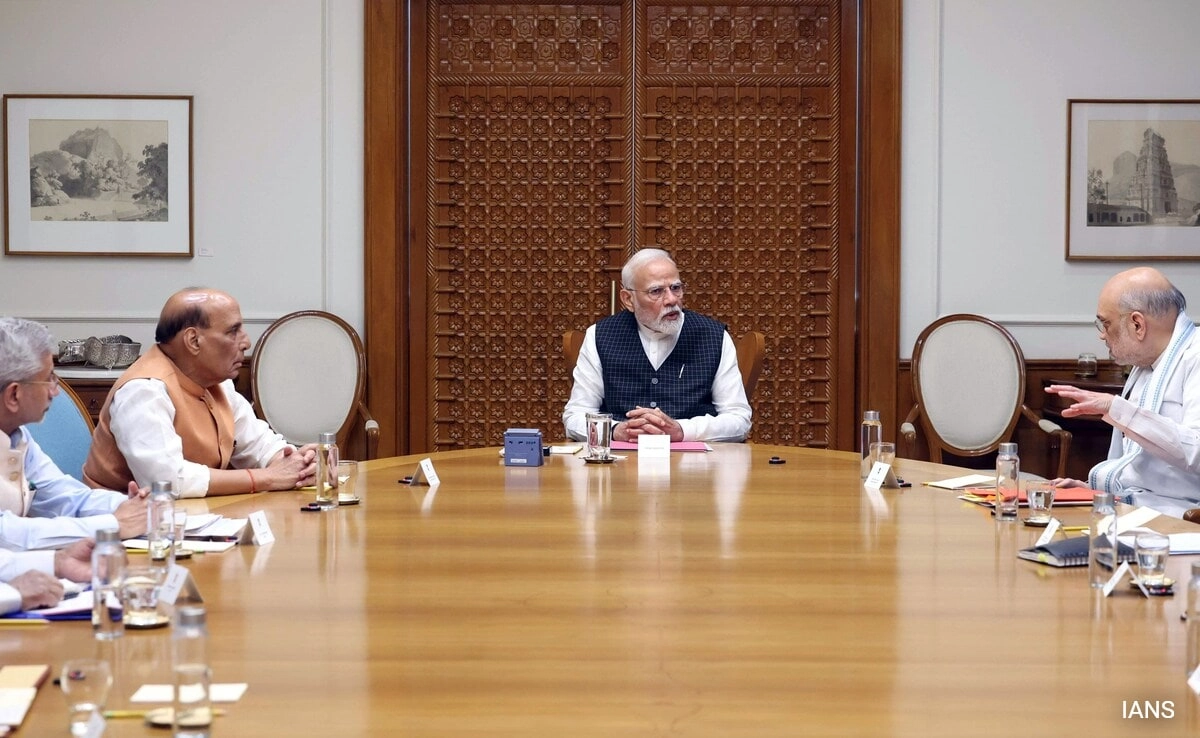The Aam Aadmi Party (AAP) has announced its commitment to support deserving candidates who may not have sufficient financial resources to participate in the upcoming Delhi University Student Union elections. This move is aimed at promoting inclusivity and ensuring that the electoral process is not dominated solely by affluent candidates. AAP’s decision reflects its broader ideology of empowering the underprivileged and fostering a democratic environment where every student, regardless of their economic background, has an opportunity to represent their peers.
In a significant step towards leveling the playing field, AAP plans to identify candidates who exhibit leadership qualities, dedication, and a genuine desire to serve the student community but may lack the financial backing typically required for campaign activities. This initiative is not only about providing financial support; it is also about encouraging a diverse range of voices in the student body, ensuring that all segments of the population are represented. By backing these candidates, AAP aims to challenge the status quo of student politics, which often sees a handful of affluent individuals monopolizing leadership positions.
The party’s strategy may also involve grassroots mobilization efforts, helping these candidates reach out to their fellow students and communicate their vision effectively. AAP’s backing could provide these deserving candidates with the necessary resources to run a competitive campaign, such as outreach materials, event organization, and other logistical support. This initiative could significantly enhance the democratic process within Delhi University, encouraging more students to engage in politics and voice their opinions on issues that matter to them.
This approach aligns with AAP’s overall political ethos, which has consistently prioritized the empowerment of marginalized groups. By focusing on candidates who may otherwise be overlooked due to financial constraints, AAP seeks to cultivate a more vibrant and representative leadership within the student union. Ultimately, this initiative could lead to a more dynamic student body, where diverse perspectives contribute to decision-making processes that affect the university community at large.




